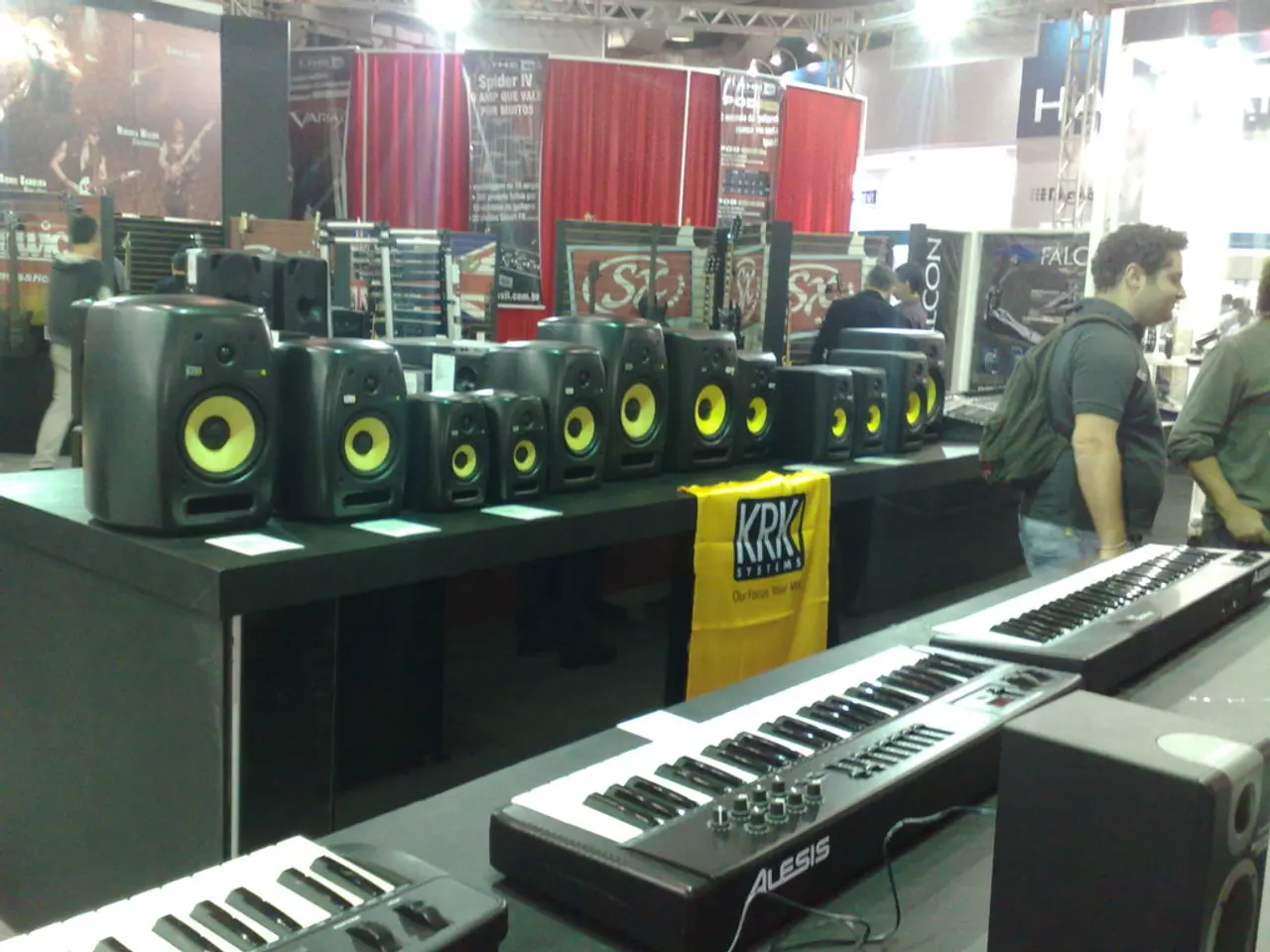Online Casinos' Transformation: Journey from Flash Gaming to Real-Time Dealers
In the early 2000s, online casinos began as simple Flash games that could be played from home with a computer and an internet connection. These games, while easy to load, lacked interactivity and realism (1).
As technology improved, online casinos underwent a significant transformation. HTML5 enabled faster, more graphically rich games that ran smoothly on both desktop and mobile devices, making the gaming experience more engaging and enjoyable (2).
A major turning point was the introduction of live dealer games. These games feature real people dealing cards or spinning the wheel, streamed in HD from special studios, and allow for real-time interaction with dealers and other players (3). This shift was driven by the need to enhance trust and engagement, as live dealers prevent the skepticism associated with purely virtual RNG-based games by using physical cards and wheels streamed live (3).
Providers like Evolution, Visionary iGaming, and Pragmatic Play pioneered these offerings, combining professional dealers with stable streaming to create an authentic casino atmosphere online (4).
Several factors contributed to this transformation:
- Technological advances: Broadband internet, high-quality video streaming, and mobile device penetration enabled real-time interaction and seamless gameplay.
- Regulatory changes and market opportunities: While some markets were initially restrictive, ongoing regulatory evolution and legalization efforts worldwide created a growing customer base for innovative casino formats.
- Player demand for authenticity and social interaction: Gamblers sought more immersive, social experiences that mirrored physical casinos, making live dealer games more appealing than static digital RNG games.
- Industry competition and innovation: Software developers continuously sought to differentiate their products, leading to improvements in graphics, game variety, and the introduction of live dealer studios.
Today, online casinos offer a wide variety of games, including classic slots, table games with live hosts, and games with animations, sound effects, and bonus rounds. Payments in online casinos have become smooth and easy, with various safe and simple methods for deposits and withdrawals (5).
Moreover, online casinos are now more accessible than ever, allowing players to enjoy games during their free time, anywhere and anytime (6). New technologies, such as AR and improved mobile options, are being tested to further enhance the online casino experience (7).
The growth of online casinos indicates that people enjoy integrating gaming into their daily lives (8). The main goal of online casinos is to provide a fun and enjoyable experience, rather than just focusing on winning or losing (9). Modern online casinos prioritize security, using top-notch safety tools to protect players' information (10).
In conclusion, the evolution of online casinos from basic Flash games to modern live dealer experiences occurred gradually through technological advancements in internet speed, streaming technology, and user interface design, alongside market demand for more immersive and authentic gaming experiences.
As technology continued to advance, online casinos introduced casino-games like live dealer games, embracing innovation to provide players a travel-worthy, interactive experience, similar to being in a physical casino-and-gambling establishment. With improved technology, online casinos have become more engaging, user-friendly, and capable of offering a wider variety of games, fostering the growth of a gaming community.





